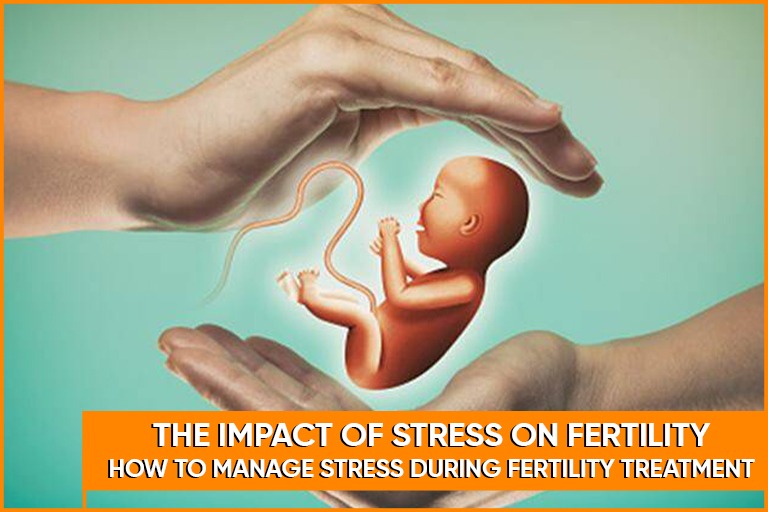Fertility treatments can be a stressful experience for many couples. The emotional toll of trying to conceive, coupled with the anxiety of undergoing medical treatments, can create a significant amount of stress. Unfortunately, stress can also have a negative impact on fertility, making it important to learn how to manage stress during fertility treatment.
The Impact of Stress on Fertility
When the body experiences stress, it releases cortisol, a hormone that can disrupt the delicate hormonal balance required for fertility. High levels of cortisol can interfere with ovulation and decrease the chances of conception. Stress can also lead to changes in cervical mucus, which can make it harder for sperm to reach the egg.
Stress can also contribute to the development of conditions that can impact fertility, such as polycystic ovary syndrome (PCOS), endometriosis, and irregular menstrual cycles. In men, stress can affect the quality and quantity of sperm.
Managing Stress During Fertility Treatment
Fortunately, there are many strategies that couples can use to manage stress during fertility treatment. Here are some tips that can help:
- Get Support
One of the most important things that couples can do to manage stress during fertility treatment is to get support. This can come from a variety of sources, including friends, family, and support groups. It can also be helpful to speak with a counselor or therapist who specializes in infertility.
- Exercise Regularly
Exercise is a great way to relieve stress and improve overall health. It can also help to regulate hormones and improve fertility. Try to aim for at least 30 minutes of moderate exercise each day.
- Practice Relaxation Techniques
Relaxation techniques such as meditation, deep breathing, and yoga can help to reduce stress and promote relaxation. They can also help to regulate hormones and improve fertility.
- Eat a Healthy Diet
A healthy diet can help to improve overall health and fertility. Try to eat a balanced diet that includes plenty of fruits, vegetables, whole grains, and lean proteins. Avoid processed foods, sugary drinks, and foods that are high in saturated fats.
- Get Enough Sleep
Sleep is important for overall health and fertility. Aim to get at least 7-8 hours of sleep each night. If you have trouble sleeping, try to establish a relaxing bedtime routine and avoid electronic devices before bed.
- Take Time for Yourself
Taking time for yourself can help to reduce stress and promote relaxation. This can include activities such as reading, listening to music, or taking a relaxing bath.
- Consider Acupuncture
Acupuncture is a traditional Chinese medicine technique that involves inserting thin needles into specific points on the body. It can help to regulate hormones, improve blood flow to the reproductive organs, and reduce stress.
Conclusion
Fertility treatments can be a stressful experience, but it’s important to manage stress during this time. Stress can have a negative impact on fertility, so it’s important to take steps to reduce stress and promote relaxation. This can include getting support, exercising regularly, practicing relaxation techniques, eating a healthy diet, getting enough sleep, taking time for yourself, and considering acupuncture. By taking these steps, couples can improve their chances of conceiving and have a more positive fertility treatment experience.
